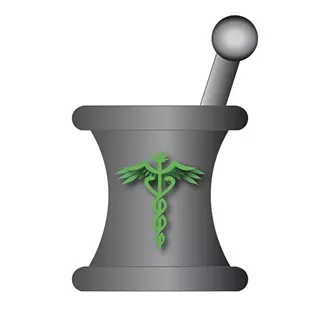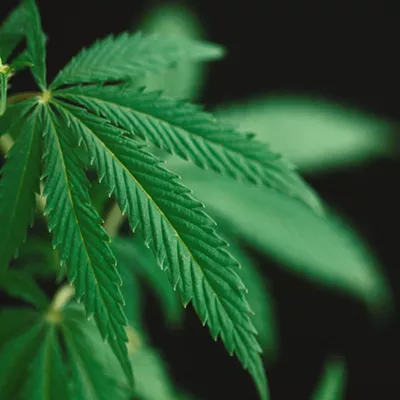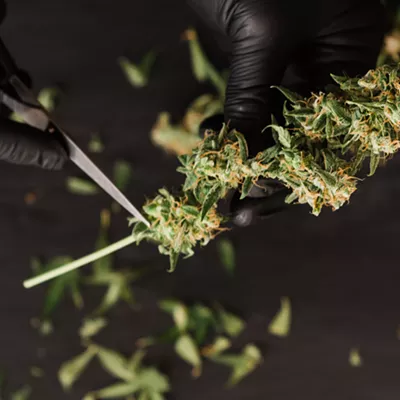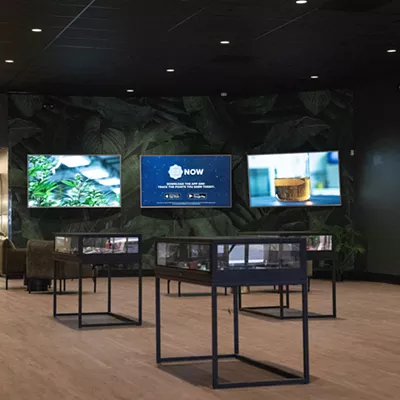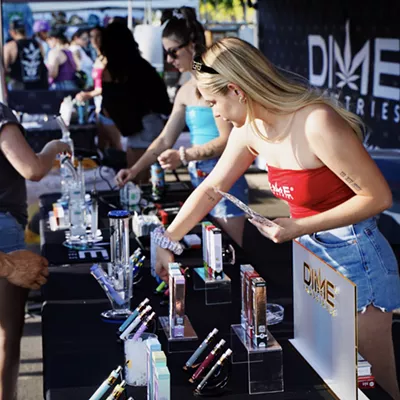Not so long ago, it wasn't cool to want pot legal.
Back in the '70s, when the National Organization for the Reform of Marijuana Laws, or NORML, emerged, if you backed legalization, you were pretty much viewed as a loser, a hippie dropout, some kind of craazzzzy tambourine player who donned scarves, ate LSD and danced in parks. Most of America didn't take the fringe group seriously.
But by the time Tucson's NORML chapter president, Jon Gettel, got involved in the early 2000s, things had changed. Aided by medical marijuana's legitimacy, NORML had grown into a much-more-respected backer of marijuana legal reform. Now NORML is a federal nonprofit that reaches coast to coast to push for legal access to marijuana—for whatever use you chose. NORML isn't just trying to appease stoners.
"It's a three-tiered program: medical marijuana, recreational marijuana and industrial hemp," Gettel said of the 42-year-old organization.
Though NORML was born of a desire to smoke it up for fun, Gettel got involved because of medical marijuana. He had smoked in high school and college, but never regularly. Whether it was legal never concerned him, until a 1998 car crash left him in the hospital for three months—followed by three months of intensely painful physical therapy. He found that marijuana helped with the pain and eased the depression sparked by the accident.
Suddenly, Gettel saw the need for legal access beyond the simple freedom to get high. Any chance to give pot a good name is OK by him, and NORML has three table displays that cover the bases: hemp (for business conventions, etc.), recreational use (often at concerts or music festivals) and MMJ (for health fairs). He's fine with the idea of riding the MMJ wave to legalization for recreational use.
"As people see the value of marijuana as a medicine, they're more likely to support legalization of marijuana in general," he said.
As a nonprofit, NORML can't advocate for candidates or specific ballot propositions. Ironically, that means the group couldn't support the Arizona Medical Marijuana Act. But once the measure was on the ballot, the local chapter ramped up its effort to educate the public about the law. A lot of the group's energy went into making sure voters had accurate information.
NORML gets a lot more phone calls since the AMMA passed—everything from patients calling for information about navigating the certification process to potential business owners seeking advice. Gettel would like to see the nonprofit restriction lifted from dispensaries to free up commerce, but in his perfect world, there would be a lot of local control and local businesses involved.
"I don't want to see Walgreens selling it," he said.
He has also met with Tucson City Council members, unsuccessfully so far, to urge them to pass a resolution making marijuana arrests a low priority for city police.
In the end, Gettel thinks we are well down the slippery slope toward the legalization dream. I agree. A generation of political leaders who grew up with pot is about to take the reins of the Greatest Nation on Earth. We've been creeping into Congress in dribs and drabs for the past 20 years or so, and in the next 20, we will be in charge. I'd like to think that when that happens, pot will be legal.
As Gettel and I spoke outside of Epic Café on a hot summer afternoon, a passer-by stopped to interject that he thought we should just dump the ruse of medical marijuana and go straight for legalization. Gettel and I simply nodded patiently as he spoke at length.
"Yeah, but it's going to take time," Gettel told the man.
Yes ... just a little more time.

